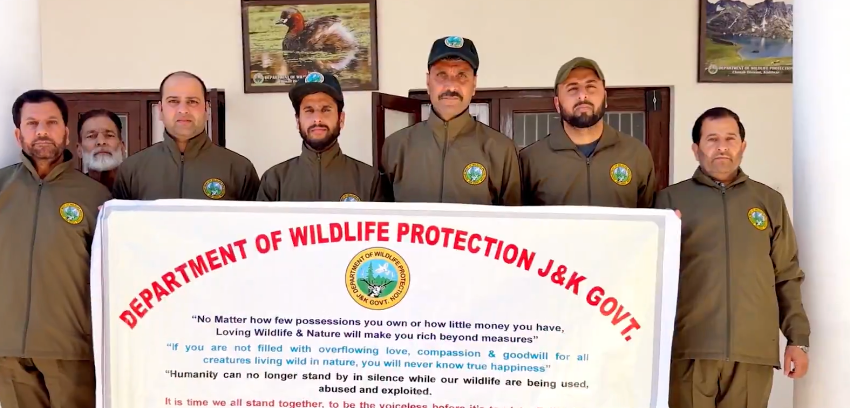The Amrit Kaal of freedom signifies a transformative period in India’s journey towards rapid economic development. This era calls for a multifaceted approach that integrates key elements such as science, technology, natural resources, and economic planning. However, as we forge ahead in this mission, it is imperative to recognise that genuine progress cannot occur without a steadfast commitment to climate protection and forest conservation. Historically, development policies often neglected the urgent issues of climate change and environmental sustainability. However, the past year has marked a pivotal shift in this paradigm. Today, not a single project or policy aimed at socio-economic development is formulated without incorporating the vital considerations of forest conservation and climate resilience. This change is both encouraging and challenging, reflecting a growing awareness of our environmental responsibilities. Climate change serves as a daily reminder of the fragility of our natural resources. It urges us to act decisively to protect our ecosystems and preserve our natural heritage. In this context, it is noteworthy that Jammu and Kashmir has emerged as a leader in sustainable practices. Following in the footsteps of states like Bengal and Madhya Pradesh, Jammu and Kashmir has established itself as the third state in India to implement significant reforms in forest management. The introduction of the National Transit Permit Platform stands as a testament to this commitment. This innovative platform allows for the online issuance of permits for the transportation of forest produce, streamlining processes and promoting transparency. Moreover, the arrangements for issuing No Objection Certificates (NOCs) further enhance the regulatory framework, ensuring that the utilisation of forest resources is conducted responsibly and sustainably. Such initiatives not only bolster economic development but also safeguard our forests for future generations. The Amrit Kaal of freedom presents an extraordinary opportunity for India to redefine its development trajectory. By embedding environmental considerations into the very fabric of economic planning, we can pursue a path that harmonises growth with sustainability. As we move forward, let us embrace the challenges of climate change as catalysts for innovation and stewardship, ensuring that our natural resources are protected and our heritage preserved. In doing so, we not only honour the past but also pave the way for a prosperous and sustainable future.










